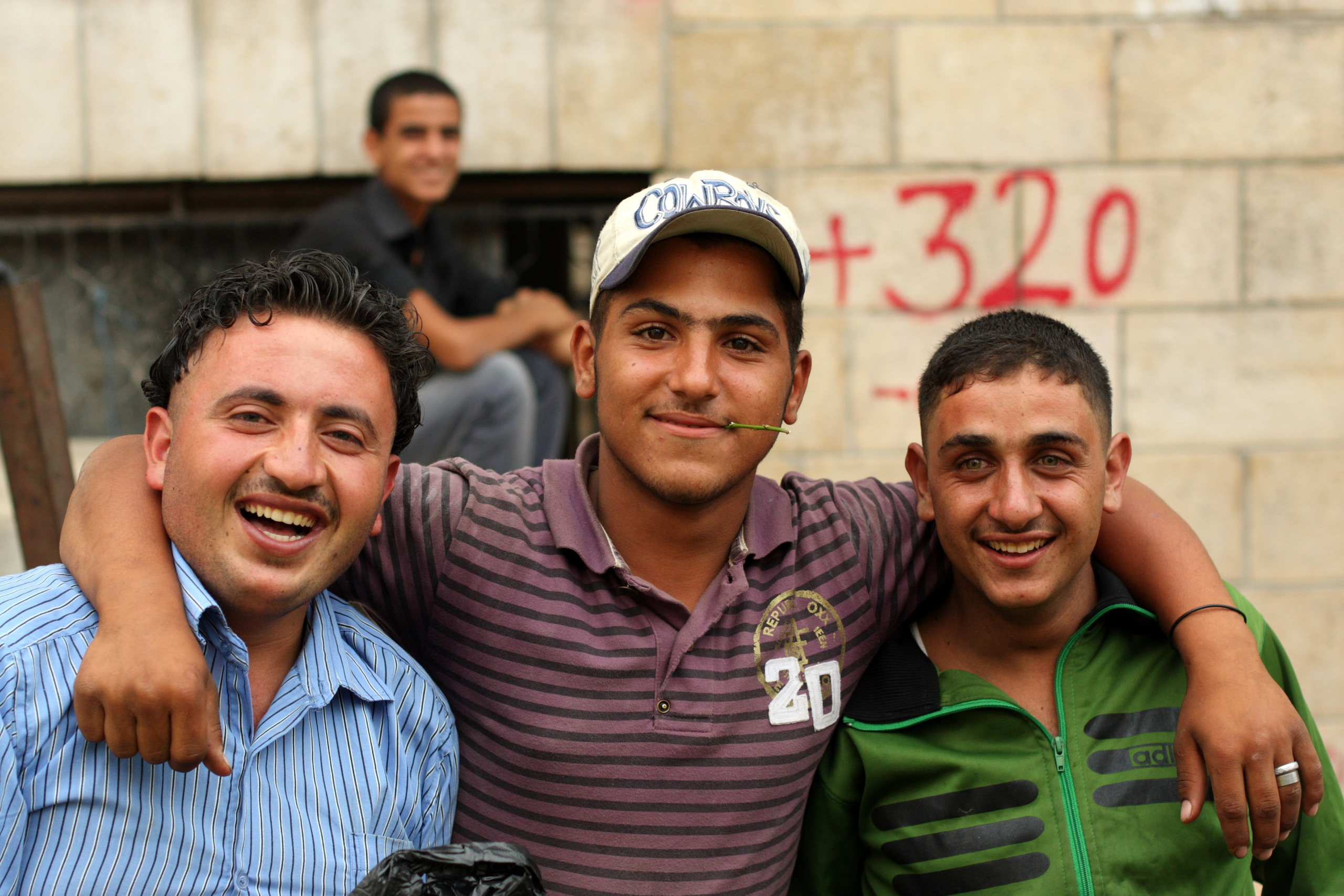Everything You Need to Know about Poverty in Jordan


A Poor Economic State
Jordan’s economic state is reflected in its average monthly salary, which ranges from $850 to $1,130. Even so, the country has a high cost of living index of 41.2, posing a challenge for families in low-income households and worsening poverty. This makes it difficult for them to meet their needs. For comparison, the cost-of-living index in Egypt is 21.0. The cost of living exceeds the average salary of the local Jordanian population, making it difficult for them to live comfortably. Even though they earn less on average, a large portion of their income is spent on necessities, worsening Jordan’s poverty rates.
The Economic Research Forum notes that income inequality in Jordan is low, as measured by the Gini index. However, in 2016, the pre-tax national income shares of 10% of the distribution exceeded 40%, highlighting that most of the country’s income is concentrated among the wealthiest.
High Unemployment Rates
One reason for the high poverty levels in Jordan is the increase in unemployment rates among the Jordanian youth. According to the Department of Statistics, as of March 2024, the unemployment rate has increased to 21.4%. According to the Atlantic Council, long-standing issues in the labor market, such as a decline in the necessary skills for certain jobs within the population, are also contributing to rising unemployment rates.
Regional Instabilities
Wars in neighboring countries have put a significant strain on Jordanian society. The influx of refugees from these countries has increased the population to 11 million since 2000. With Jordan hosting more than 745,000 refugees, the government is at the forefront of hosting refugees per capita worldwide. This has impacted the labor markets, health care, educational quality and increased living expenses.
As refugees struggle to find jobs and face limited quality education and health care, many Syrians in Jordan rely on international aid. This creates pressure on Jordan’s already strained resources and creates challenges for both the host country and the refugees.
Children Are Among the Most Affected
As poverty rates rise in Jordan, the impact on children is becoming more evident. The United Nations Children’s Fund (UNICEF) explains that of the 3.16 million children in Jordan, one in five is multidimensionally vulnerable. Furthermore, a World Health Organization (WHO) study found that 13.8% of the 9,734 births analyzed were underweight. This elevated low birth rate poses a significant challenge to public health in Jordan.
Moving Forward
As Jordan faces poverty challenges, it is implementing solutions to address them. According to the World Bank, in 2021, the Jordanian government launched a 10-year, three-track agenda to modernize politics, the public sector and the economy. The plan aims to create one million new jobs and empower women and children to participate in Jordanian politics. Consequently, according to a U.N. report, Jordan’s strategies have increased economic growth, rising from 2.4% in 2022 to 2.6% in 2023.
To assist refugees, Jordan has established a system to address their needs, including cash and voucher assistance schemes that also benefit Jordanian citizens. The support includes employment opportunities for both Jordanians and Syrians. More than 2.8 million people have benefited from this project, which improved local services and created 45,000 working days of employment.
In summary, Jordan is firmly working to address its high poverty rates through targeted assistance and modernization efforts, aiming to improve the lives of Jordanian citizens and refugees.
– Nouf Hunaiti
Nouf is based in Rancho Cucamonga, CA, USA and focuses on Good News and Politics for The Borgen Project.
Photo: Wikimedia Commons
